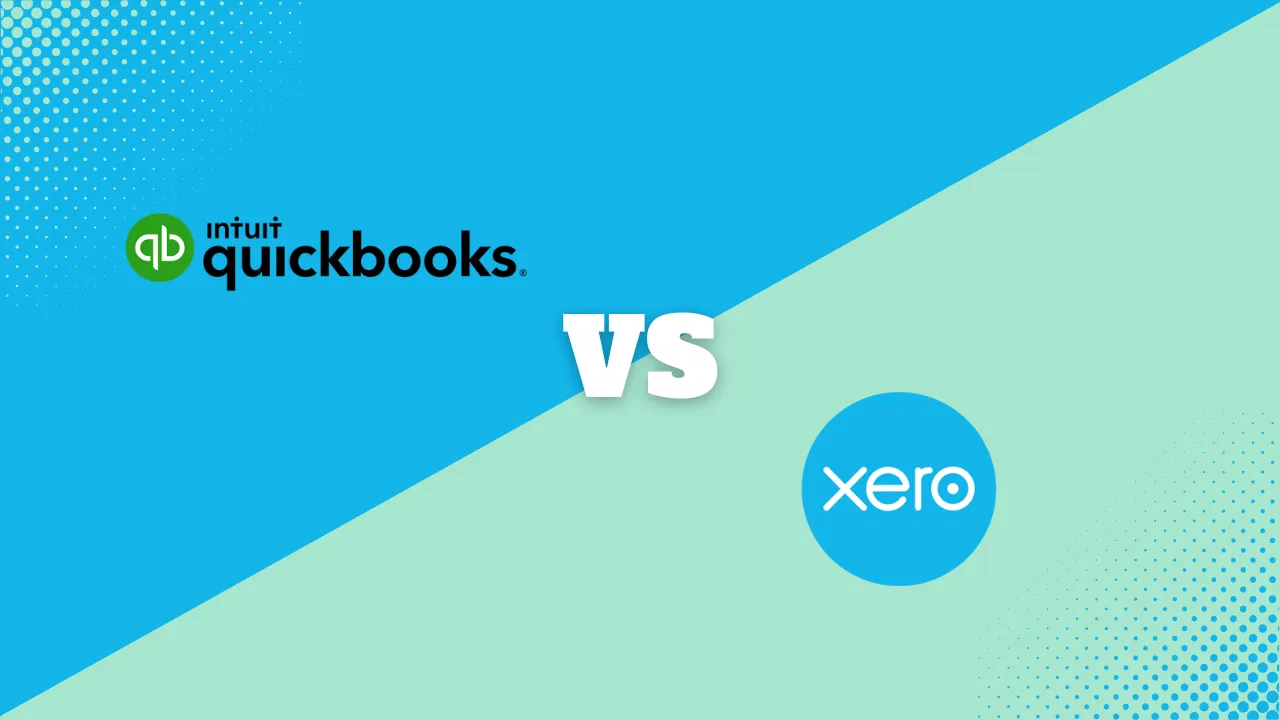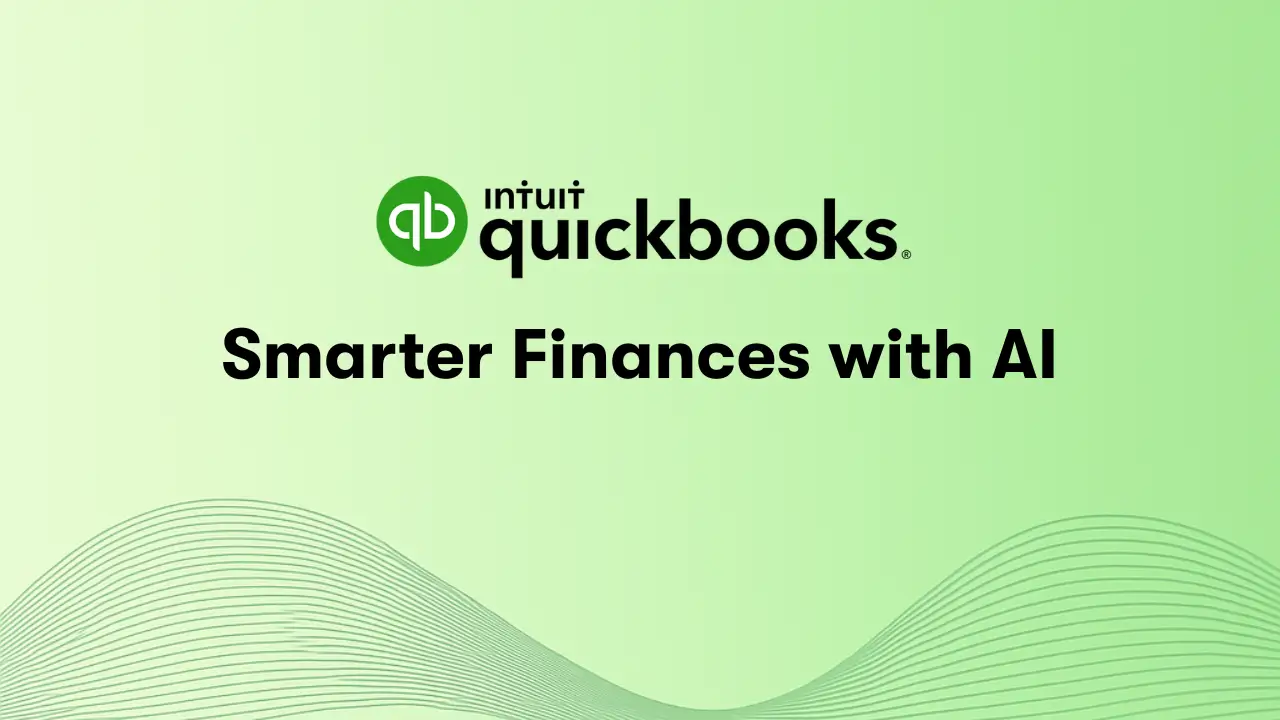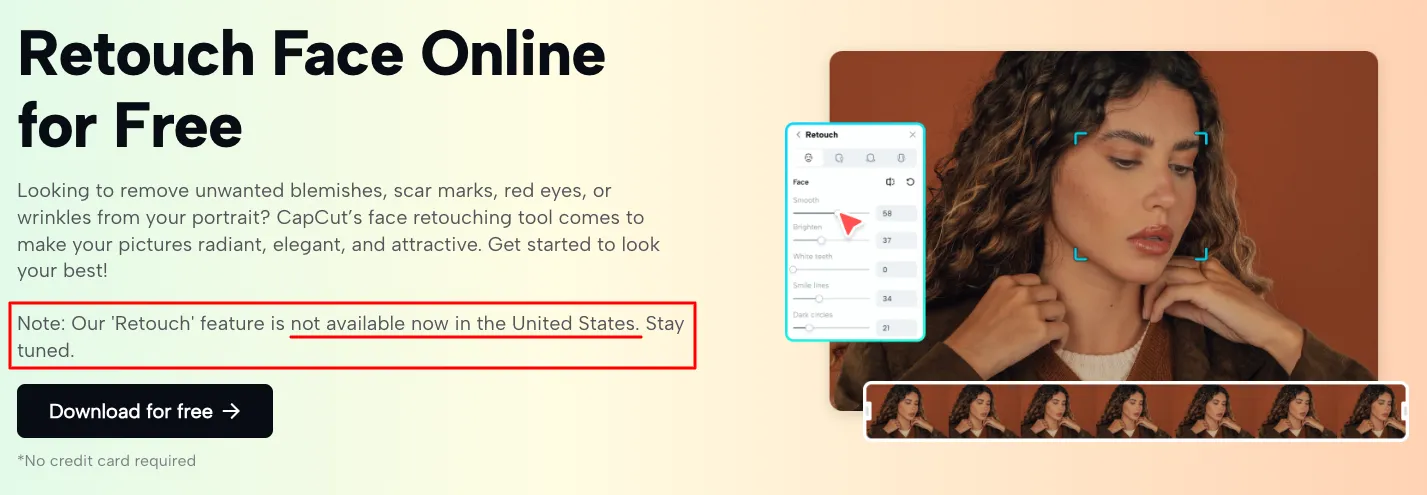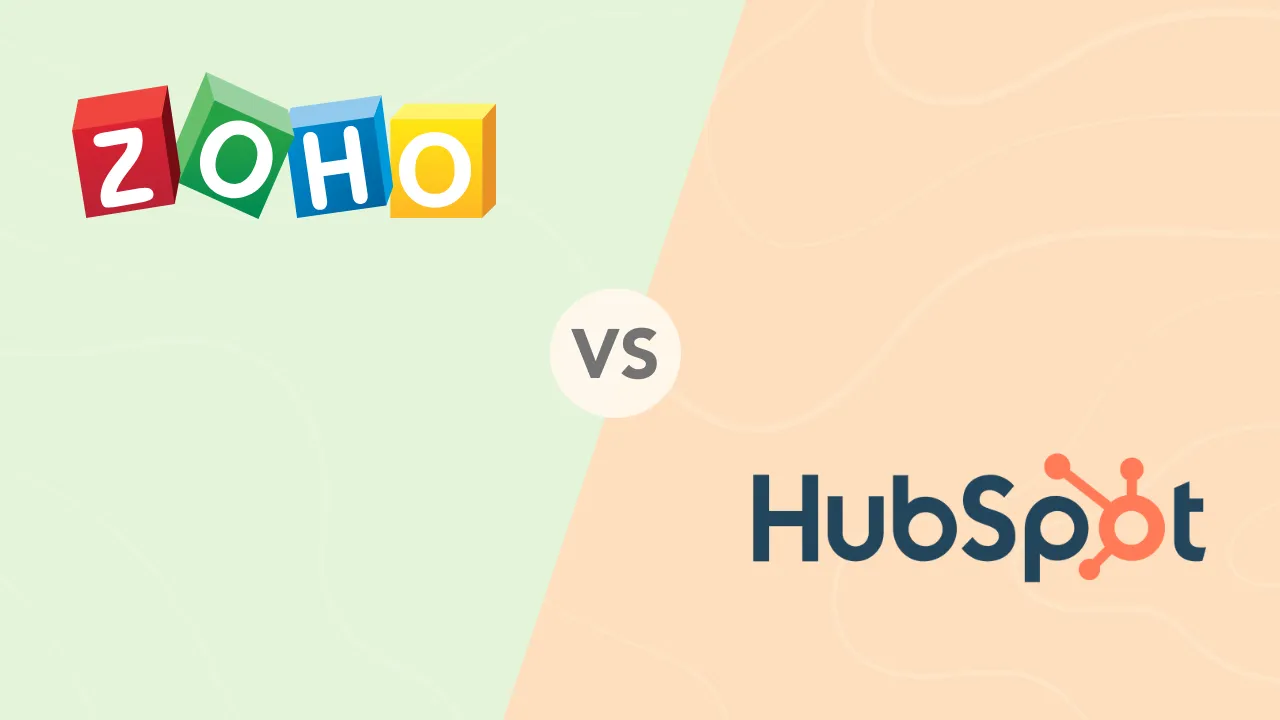QuickBooks vs FreshBooks: Which Is Best for Your Business in 2025?
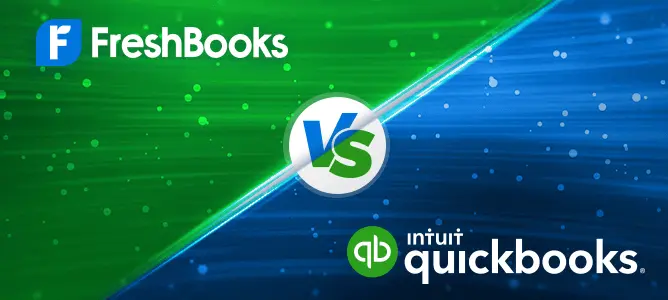
Choosing the right accounting platform is critical for managing your finances efficiently. In this guide, we compare QuickBooks vs FreshBooks in detail, covering pricing, features, ease of use, and the latest 2025 updates so you can make the right decision for your business.
1. Quick Overview
| Criteria | QuickBooks Online | FreshBooks |
| Best For | Small to mid-size businesses needing full bookkeeping, payroll, inventory, and advanced reporting | Freelancers and small service-based businesses focused on invoicing and project tracking |
| Ease of Use | Powerful but more complex, requires some learning | Very easy to set up and navigate, minimal training |
| Starting Price | ~$17.50/month (discounts often available) | ~$21/month (frequent promo discounts) |
| Mobile App | Full-featured, works on iOS and Android | Intuitive mobile experience, great for on-the-go invoicing |
| Free Trial | 30 days | 30 days |

Simple Start
Pros
- Robust and secure cloud-based software
- Customizable and intuitive dashboard and reports
- Numerous integrations
Cons
- Lack of 24/7 customer phone support (except for Advanced)
- Payroll costs extra

Lite
Pros
- Easy recurring invoices
- Excellent custom invoicing
- Competitive plan pricing
Cons
- High cost per user
- Manual balance sheet generation
2. Key Strengths Side-by-Side
QuickBooks
-
Considered the best bookkeeping platform for small and mid-sized businesses
-
Advanced reporting, custom dashboards, and deep financial tracking
-
Handles payroll, inventory, bank reconciliation, and tax prep in one system
-
Over 750 integrations with ecommerce, payment, and productivity apps
-
AI agents (new in 2025) for automating repetitive tasks
FreshBooks
-
Designed for accounting for freelancers and small service providers
-
Known for the most intuitive invoicing software in its class
-
Built-in time tracking and project management
-
Highly visual, client-friendly interface
-
Excellent mobile usability for invoicing and expense capture
3. Feature-by-Feature Comparison
| Feature / Function | QuickBooks | FreshBooks |
| Invoicing | Custom templates, recurring invoices, online payments, integrated with bookkeeping | Clean, visual invoices, late fees, deposits, client portal |
| Expense Tracking | Automatic bank feeds, receipt scanning, category rules | Expense uploads, bank connection, simple categorization |
| Bookkeeping Depth | Full double-entry system, advanced reporting and analytics | Double-entry basics, fewer customization options |
| Payroll | Built-in (add-on) | Not included |
| Inventory Management | Yes | No |
| Project Tracking | Limited | Full project and time tracking tools |
| Integrations | 750+ | Limited but growing list |
| Automation | AI-driven bookkeeping and reporting | Recurring invoices, payment reminders |
4. Pricing Snapshot (2025)
| Plan Level | QuickBooks Online | FreshBooks |
| Entry Tier | ~$17.50/month | ~$21/month |
| Mid Tier | ~$30–$55/month | ~$33–$60/month |
| Top Tier | $85+/month | $60+/month |
| Free Trial | 30 days | 30 days |
5. Invoicing Software Comparison
FreshBooks
-
Customizable, clean invoice templates
-
Automatic late fees and deposit requests
-
Recurring invoices with payment reminders
-
Client portals for approvals and comments
-
Excellent choice for freelancers billing hourly or by project
QuickBooks
-
Integrated invoicing within full bookkeeping system
-
Unlimited invoices included in most plans
-
Custom branding and payment processing
-
Invoice tracking and reminders tied to accounting records
-
Best for businesses that want invoicing and accounting in one hub
Related Articles
6. Bookkeeping Power
QuickBooks
-
Expense tracking, payroll, inventory, and tax prep tools all in one
-
Advanced filters for classes, locations, and revenue streams
-
Bank reconciliation, audit logs, and deep reporting
-
Scales well from small to mid-sized companies
-
Supports industry-standard best bookkeeping practices
FreshBooks
-
Double-entry accounting and expense tracking
-
Tax-ready financial reports
-
Streamlined system for non-accountants
-
Ideal for small service providers with simple bookkeeping needs
7. 2025 Feature Highlights
QuickBooks: AI Agents for Smarter Bookkeeping
-
Automates:
-
Expense categorization
-
Bank reconciliation
-
Invoice follow-ups
-
Financial analysis
-
-
Saves up to 12 hours/month in manual work
-
Integrates with payroll, inventory, and tax tools
-
Benefits:
-
Reduces repetitive admin tasks
-
Allows owners to focus on strategic growth
-
Ideal for businesses with complex accounting needs
-
FreshBooks: Enhanced Project & Payment Tools
-
Clients can:
-
Comment directly on estimates and invoices
-
Approve changes in real time
-
Share files securely
-
-
Expanded payment options:
-
More global currencies
-
Instant payouts in select regions
-
-
Benefits:
-
Faster project approvals
-
Improved client communication
-
Streamlined payment processing for service-based work
-
8. Pros and Cons Table
| QuickBooks | FreshBooks | |
| Pros | – Most complete bookkeeping feature set – Advanced reporting and analytics – AI-powered automation – Scales with business growth |
– Extremely user-friendly – Excellent invoicing tools – Built-in time tracking – Strong client collaboration |
| Cons | – Steeper learning curve – More expensive at higher tiers |
– Limited integrations – No payroll or inventory tools |
9. Recommendations
Choose QuickBooks if you:
-
Need advanced bookkeeping with payroll and inventory
-
Want AI automation to cut down on admin work
-
Have multiple revenue streams or locations
-
Plan to scale your business over time
Choose FreshBooks if you:
-
Are a freelancer or service business
-
Prioritize simple, fast invoicing and client collaboration
-
Do not require payroll or inventory management
-
Want built-in project and time tracking
Final Takeaway
Both QuickBooks and FreshBooks can be excellent choices, but the right pick depends on your priorities. QuickBooks delivers best bookkeeping capabilities and advanced automation for scaling businesses, while FreshBooks offers the most streamlined, client-friendly invoicing software experience for accounting for freelancers and service providers.
By matching your current needs to the strengths of each platform, you can choose software that saves time, supports growth, and keeps your finances organized.
Frequently Asked Questions (FAQ)
1. Which is better, QuickBooks or FreshBooks?
It depends on your needs. QuickBooks is better for businesses that need full bookkeeping with payroll, inventory, and advanced reporting. FreshBooks is better for freelancers and service businesses that prioritize easy invoicing, client communication, and time tracking.
2. Is FreshBooks good for accounting for freelancers?
Yes. FreshBooks was designed with freelancers in mind. It includes intuitive invoicing tools, built-in time tracking, project collaboration, and expense tracking, making it easy to manage your finances without an accounting background.
3. Does QuickBooks have better bookkeeping than FreshBooks?
Yes. QuickBooks offers more advanced bookkeeping features, including payroll, inventory management, class/location tracking, and highly customizable financial reports. FreshBooks provides basic double-entry accounting, which is ideal for simpler needs.
4. Which invoicing software is easier to use?
FreshBooks is widely considered easier to use for invoicing. It offers clean templates, recurring billing, automatic late fees, and client portals. QuickBooks’ invoicing is powerful and integrates with bookkeeping but has a steeper learning curve.
5. Is FreshBooks cheaper than QuickBooks?
Not always. Entry-level QuickBooks plans can be slightly less expensive during promotions, starting around $17.50/month, while FreshBooks starts around $21/month. However, pricing depends on features, number of users, and current discounts.
6. Can I switch from FreshBooks to QuickBooks later?
Yes. Many businesses start with FreshBooks for its simplicity and move to QuickBooks as they grow. Data migration is possible but may require exporting reports and importing them into QuickBooks or using a migration tool.
7. Does FreshBooks have payroll?
No. FreshBooks does not offer built-in payroll. If you need payroll, QuickBooks or a third-party integration will be a better fit.
8. What’s new in QuickBooks and FreshBooks for 2025?
-
QuickBooks: Added AI agents to automate expense categorization, reconciliation, invoicing, and financial analysis.
-
FreshBooks: Introduced enhanced project collaboration tools, expanded payment options, and real-time approval workflows.

